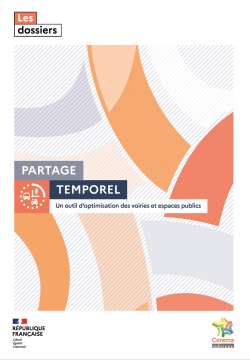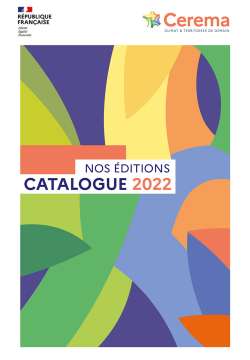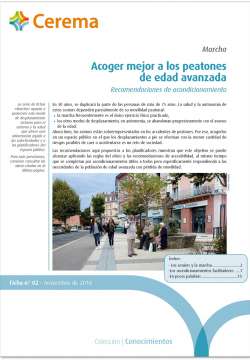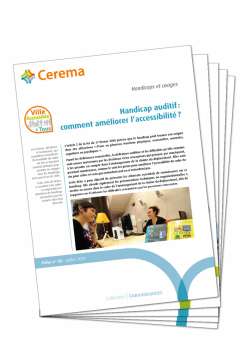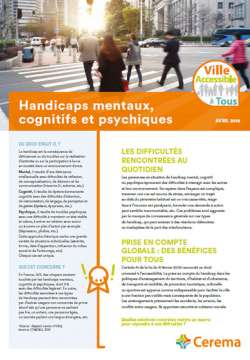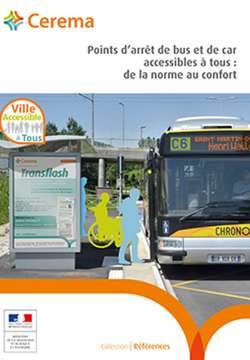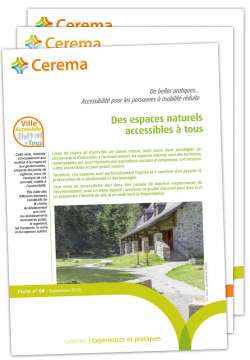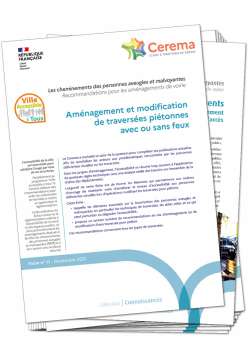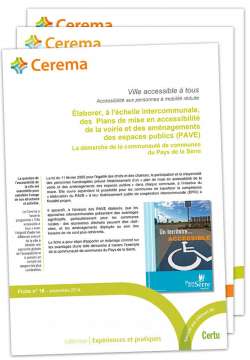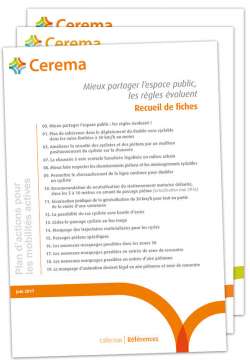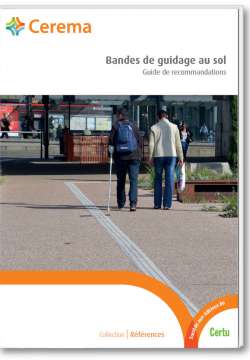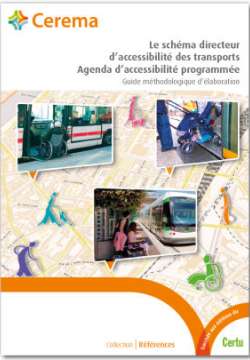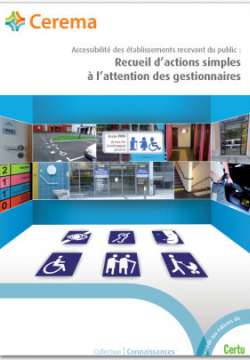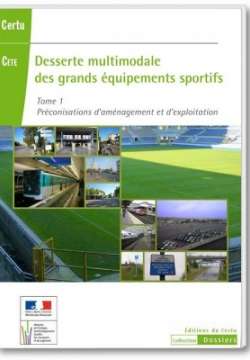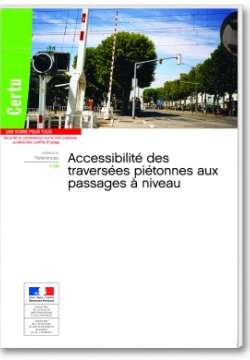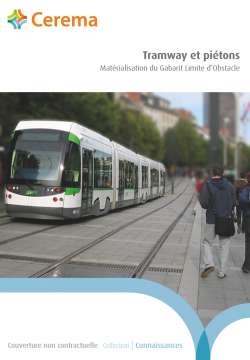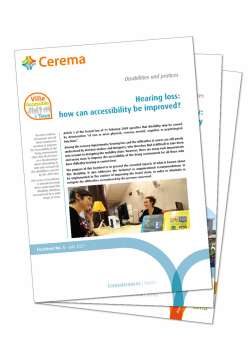
Disabilities and practices
Series of factsheet
Decision-makers, technicians and all those involved in working to improve the accessibility of the living environment often find themselves at a disadvantage when attempting to take into account all the disabilities covered by the 2005 law.
This series of factsheets is intended to help them understand the disability situations encountered by a wide range of users.
Factsheet No. 01
The French law of 11 February 2005 makes a clear distinction between mental, cognitive and psychological disabilities. It sets specific accessibility targets for people affected by each of these three types of disability. How are mental, cognitive and psychological disabilities defined?
- What disability situations are encountered and what are the resulting accessibility needs?
- What measures can be taken to meet these needs throughout the travel chain, including the built environment, transport, public space and roads?
This factsheet attempts to answer these questions, focusing in particular on preparation for travel, access to facilities, personal assistance, information and signage, the quality of spaces and sensitive environments.
Factsheet No. 03
The purpose of this factsheet is to present the main lessons learned from a study carried out by Cerema on behalf of the ministries for Ecological and inclusive Transition and Regional cohesion, at the request of the ministerial delegate for accessibility, whose objective was both:
- to better understand the specific characteristics and needs of older people;
- to assess how these needs are taken into account in accessibility regulations;
- to identify areas of work to improve the way in which the ageing of people in towns is taken into account.
Factsheet No. 05
Article 2 of the French law of 11 February 2005 specifies that disability may be caused by deterioration “of one or more physical, sensory, mental, cognitive or psychological functions”.
Among the sensory impairments, hearing loss and the difficulties it causes are still poorly understood by decision-makers and designers, who therefore find it difficult to take them into account in designing the mobility chain. However, there are many such impairments and many ways to improve the accessibility of the living environment for all those who have difficulty hearing or cannot hear.
The purpose of this factsheet is to present the essential aspects of what is known about this disability. It also addresses the technical or organisational recommendations to be implemented in the context of improving the travel chain, in order to eliminate or mitigate the difficulties encountered by the persons concerned.



